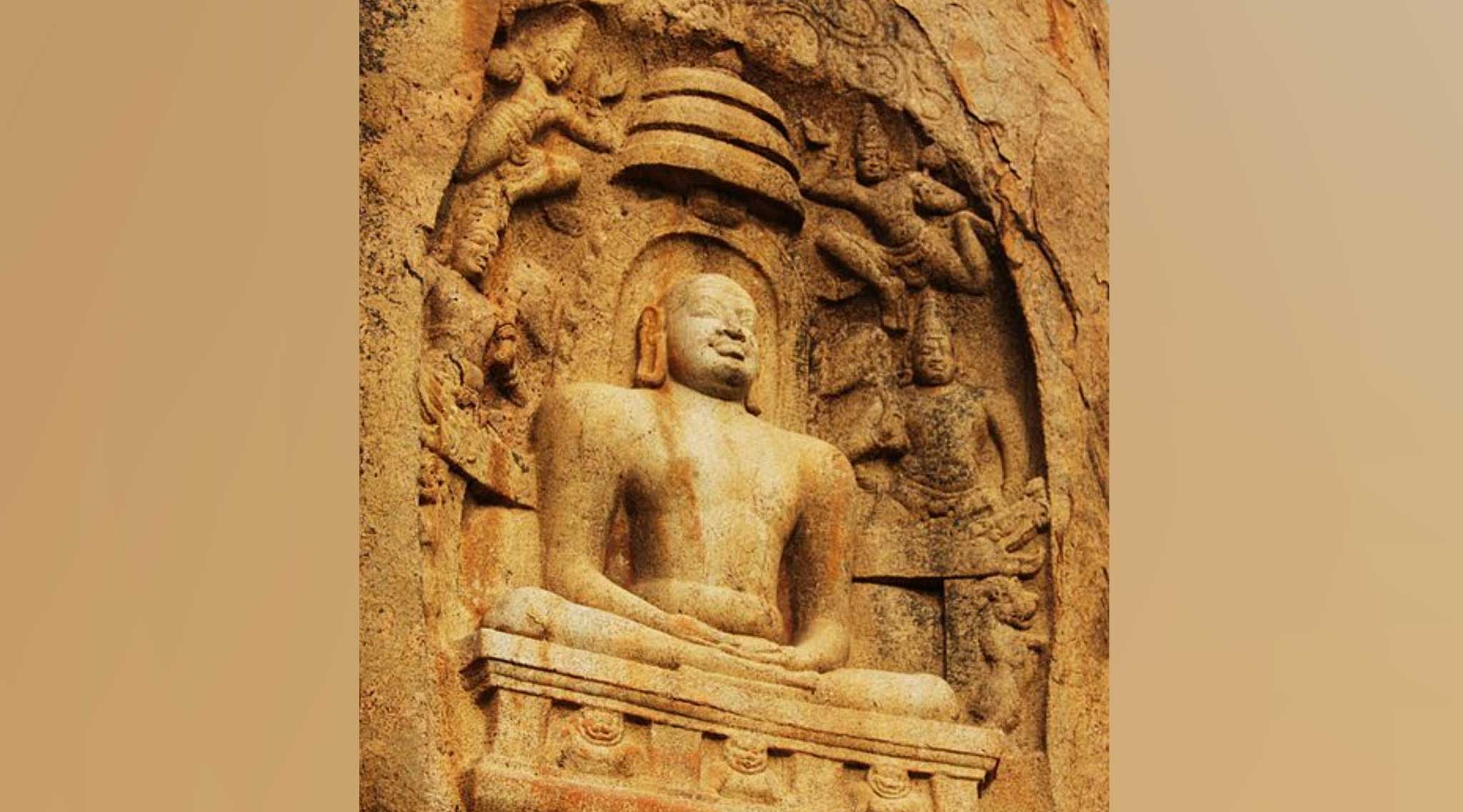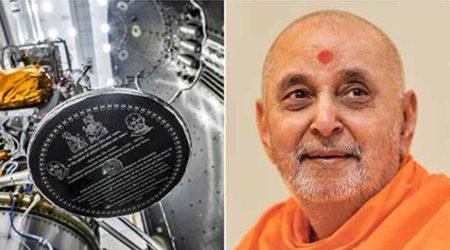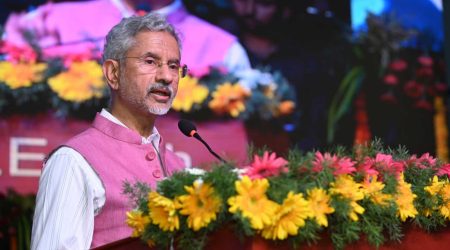Mahavir Janma Kalyanak is one of the most important religious festivals in Jainism. It celebrates the birth of Mahavira, the twenty-fourth and last Tirthankara (supreme preacher) of present Avasarpiṇī.
According to Jain texts, Mahavira was born on the thirteenth day of the bright half of the moon in the month of Chaitra in the year 599 BCE (Chaitra Sud 13). Bhagwan Mahaveer was born in Kshatriyakund of Bihar. Some modern historians consider Kundagram (which is today’s Kundalpur in Muzaffarpur district of Bihar) as his birthplace.
Mahavira was born in a democratic kingdom (Ganarajya), Vajji, where the king was chosen by votes. Vaishali was its capital. Mahavira was named ‘Vardhaman’, meaning “One who grows”, because of the increased prosperity in the kingdom at the time of his birth. In Vasokund, Mahavira is revered by the villagers. A place called Ahalya bhumi has not been ploughed for hundreds of years by the family that owns it, as it is considered to be the birthplace of Mahavira.

Sixteen auspicious dreams seen by the mother of all Tirthankara
Legend
Mahavira was born into Ikshvaku dynasty as the son of King Siddhartha of Kundagrama and Queen Trishala. During her pregnancy, Trishala was believed to have 14 auspicious dreams, all signifying the coming of a great soul. Shwetamber Sect of Jainism believes that the mother saw 14 and Digambara sect believes mother saw sixteen dreams which were interpreted by the King Siddhartha. It is said that when Queen Trishala gave birth to Mahavira, Indra, the head of heavenly beings (devas) performed a ritual called abhisheka on Sumeru Parvat, this being the second of five auspicious events (Panch Kalyanakas), said to occur in the life of all Tirthankaras.
Celebrations
The idol of Mahavira is carried out on a chariot, in a procession called rath yatra. On the way stavans (religious rhymes) are recited. Statues of Mahavira are given a ceremonial anointment called the abhisheka. During the day, most members of the Jain community engage in some sort of charitable act, prayers, pujas, and vratas. Many devotees visit temples dedicated to Mahavira to meditate and offer prayers. Lectures by monks and nuns are held in temples to preach the path of virtue as defined by Jainism. Donations are collected in order to promote charitable missions like saving cows from slaughter or helping to feed poor people. Ancient Jain temples across India typically see an extremely high volume of practitioners come to pay their respects and join in the celebrations. Ahimsa runs and rallies preaching Mahavira’s message of Ahiṃsā (non-violence) are taken out on this day.

Ancient image of Mahavira at Thirakoil
Lord Mahavir and Jainism
The core philosophy of Jainism, as taught by Mahavir, revolves around the principles of non-violence (ahimsa), truthfulness (satya), non-stealing (asteya), celibacy (brahmacharya), and non-attachment (aparigraha). These principles are collectively known as the Five Vows or the Five Great Vows (Mahavratas). Ahimsa, or non-violence, is considered the most fundamental principle of Jainism and is emphasized in all aspects of life, including thoughts, words, and deeds.
Mahavir also taught the concept of karma, which is the belief that every action, whether physical, verbal, or mental, has consequences. According to Jainism, the accumulation of karma, both good and bad, binds the soul to the cycle of birth and death (samsara). Liberation from this cycle, known as moksha or nirvana, is achieved through spiritual purification, which involves shedding karma through ascetic practices, meditation, and the cultivation of right conduct.
Mahavir himself is said to have led an ascetic life, practicing extreme forms of self-discipline and austerity to attain spiritual enlightenment. He traveled extensively throughout ancient India, preaching his philosophy and attracting followers. His teachings were later compiled into scriptures known as the Jain Agamas.
In addition to his spiritual teachings, Mahavir emphasized the importance of compassion, non-possessiveness, and respect for all forms of life. Jainism advocates for a lifestyle of simplicity, humility, and service to others, with the ultimate goal of achieving liberation from the cycle of rebirth and attaining spiritual enlightenment.
Jainism and nonviolence
Jainism places an unparalleled emphasis on the principle of non-violence, known as ahimsa, which is considered the cornerstone of the faith. Ahimsa extends beyond mere physical non-violence to encompass non-violence in thought, word, and deed. Jains believe that all living beings, regardless of their size or form, possess a soul and are capable of experiencing pain and suffering. Therefore, practicing ahimsa involves not only refraining from causing harm to other beings but also actively cultivating compassion and kindness towards all forms of life.
In Jainism, the practice of ahimsa is not limited to avoiding physical violence. Jains strive to avoid causing harm to living beings through their actions, words, and even thoughts. This includes refraining from acts of aggression, harming or killing animals, and even being mindful of the impact of one’s lifestyle choices on the environment and other beings. Jains also practice vegetarianism and often adhere to a strict diet that excludes root vegetables, such as potatoes, onions, and garlic, to minimize harm to living organisms.
Ahimsa is not just a moral precept in Jainism; it is considered a spiritual discipline that leads to spiritual liberation. By practicing ahimsa and minimizing their karmic footprint, Jains believe they can purify their souls and progress towards liberation from the cycle of birth and death (samsara). Jain ascetics, in particular, adhere to extremely rigorous standards of non-violence, often taking vows of celibacy, poverty, and minimalism to avoid causing harm to themselves and others.
Jainism’s profound commitment to non-violence has had a significant influence on Indian culture and society, inspiring movements for social justice, environmental conservation, and animal welfare. Today, Jains continue to uphold the principle of ahimsa as a guiding force in their lives, striving to live in harmony with all beings and promote peace and compassion in the world.











